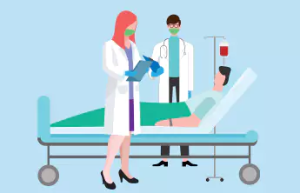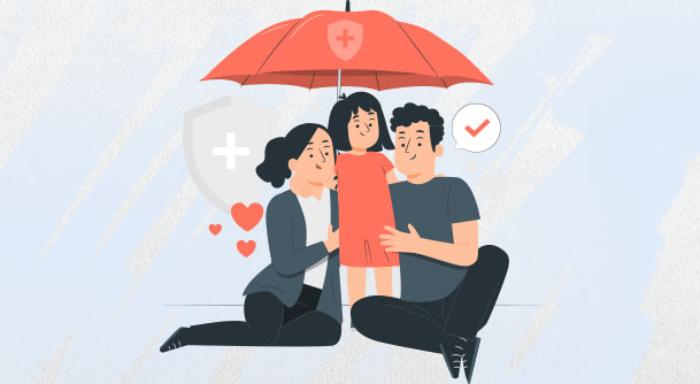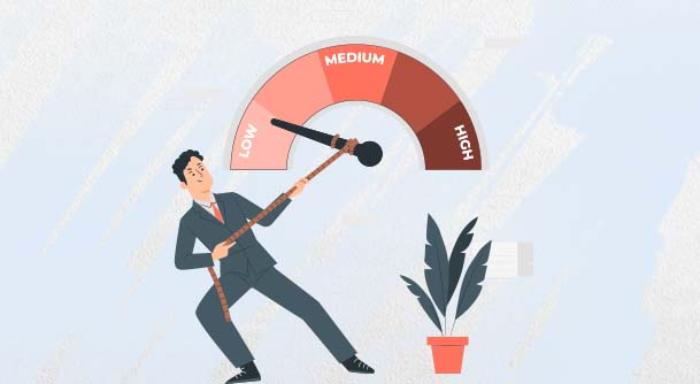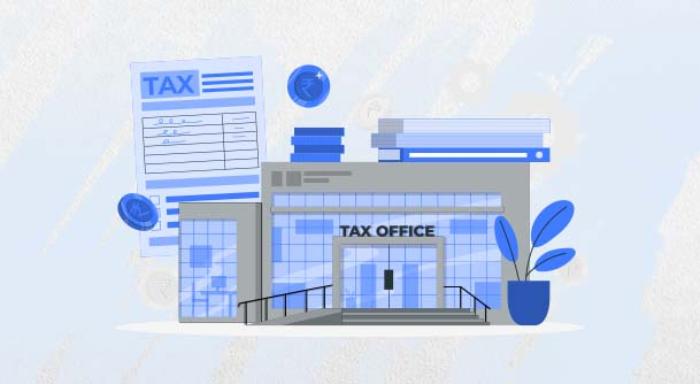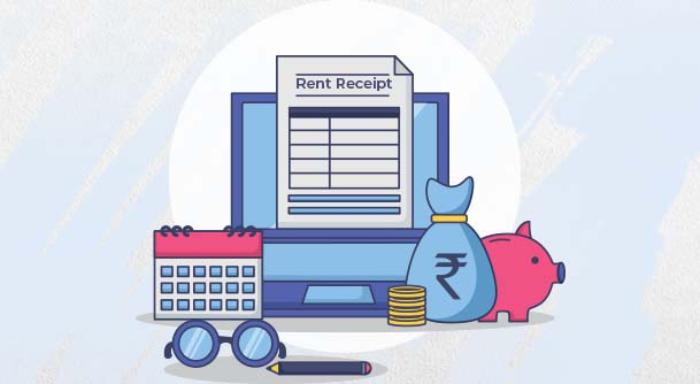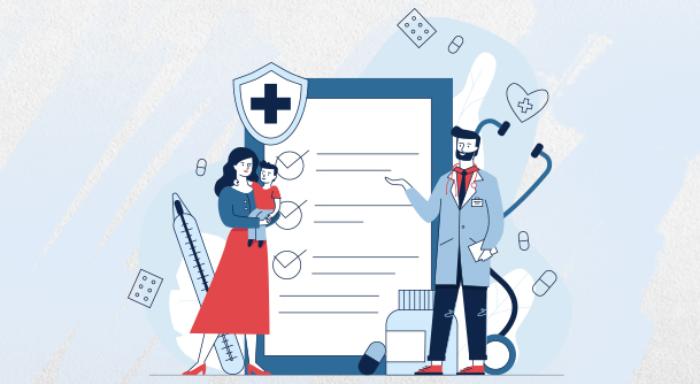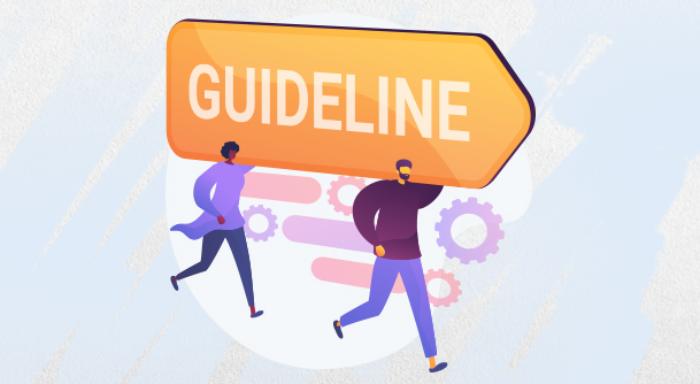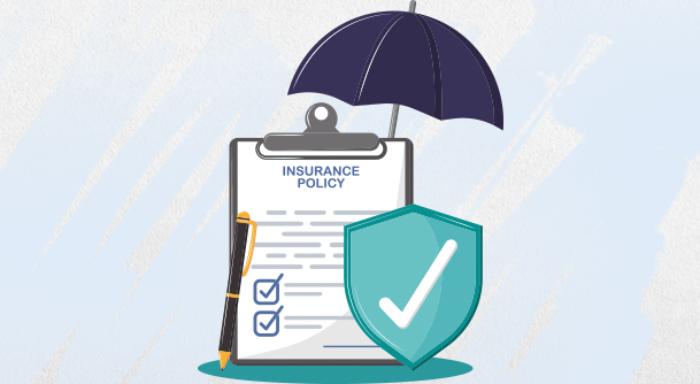4 Myths About Critical Illness Cover…Busted
Blog Title
998 |
Critical illness cover is essential to financially secure yourself when you are struck by a debilitating disease. It is designed to give you a lump sum amount if you are ever diagnosis with a critical illness. This sum will financially assistance you during your time of need and facilitate your recovery. However, a lot of people still have some misconceptions about critical illness cover. Quite a few people ignore buying critical illness cover due to these misgiving, which can be truly detrimental later down the line. Below are four common myths that people believe about critical illness cover.
“I Don’t Need It, I Have Medi-Claim”
Medi-claim is only meant to cover hospitalization expenses. This means that if you are laid low by a critical illness, the medi-claim policy will only help you if you pay for your hospital bills. Some hospitals may be able to offer you cashless claim, but in case the same is not available, you may have to pay first and then settle the claim with the insurer. This may put pressure on your savings. If you have a critical illness plan, you can claim the amount purely on the basis of critical illness diagnosis. You will not have to dip into your savings. Hence, apart from medi-claim, it helps to also have a critical illness plan.
“I Am Healthy, I Won’t Need It”
Of course, you are healthy right now. But one can never predict the future. An unfortunate event like a stroke or a burn injury can render a seemingly healthy person financially vulnerable. In such circumstances, you may need financial support to tide over the twin catastrophes of medical expenses and loss of income due to having to take time off from work. It’s better to buy a critical illness plan when you are healthy as the insurance premiums would be that much cheaper.
“I Don’t Have a Family History of Critical Illnesses”
Again, critical illnesses have a bad habit of cropping up when you are least expecting them. Not having a history of a critical illness in your family does not mean that you are immune to the same. Also, some critical illness plans also cover burn injuries, which do not have anything to do with family history.
“Critical Illness Plans Only Cover Hospitalization Expenses”
This myth is completely wrong. Critical illness plans offer much more than paying your medical bills. Critical illness pay-out is received by the policyholder on the basis of the diagnosis of the critical illness. This amount can be used by the policyholder for any purpose. You can use it for out-of-pocket expense during your hospitalization like travel, accommodation for family members, or for paying your EMI’s/rent. It helps you for more than hospitalization; it helps you during the recovery phase when you may have to take time off from work and are not earning.
Buy a critical illness plan like Edelweiss Tokio Life CritiCare+ after going through the types of illnesses covered in the plan. Make sure that it includes serious illnesses like cancer, liver transplant, kidney damage needing regular dialysis, stroke and cardiac procedures.
Chirag Iyer - BFSI Enthusiast
Chirag is a writer and an avid reader who loves to drink coffee! His other interests include boxing, karate, and singing.


